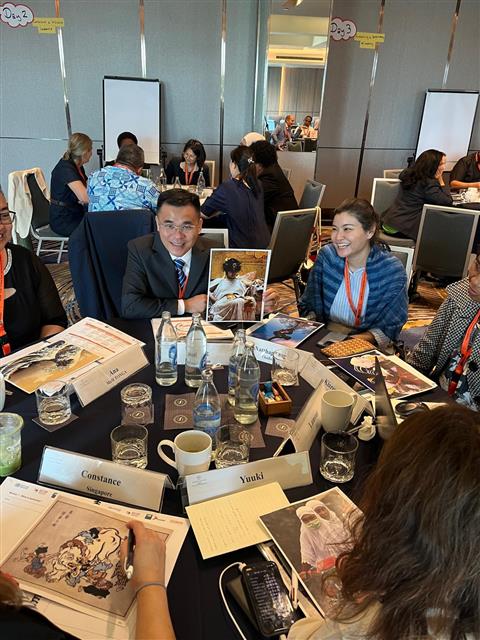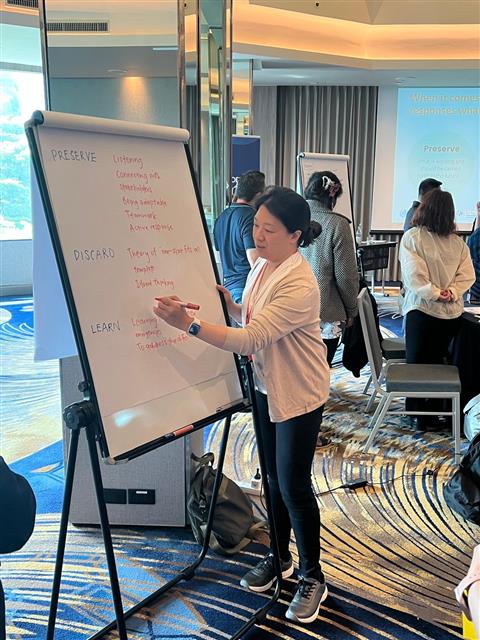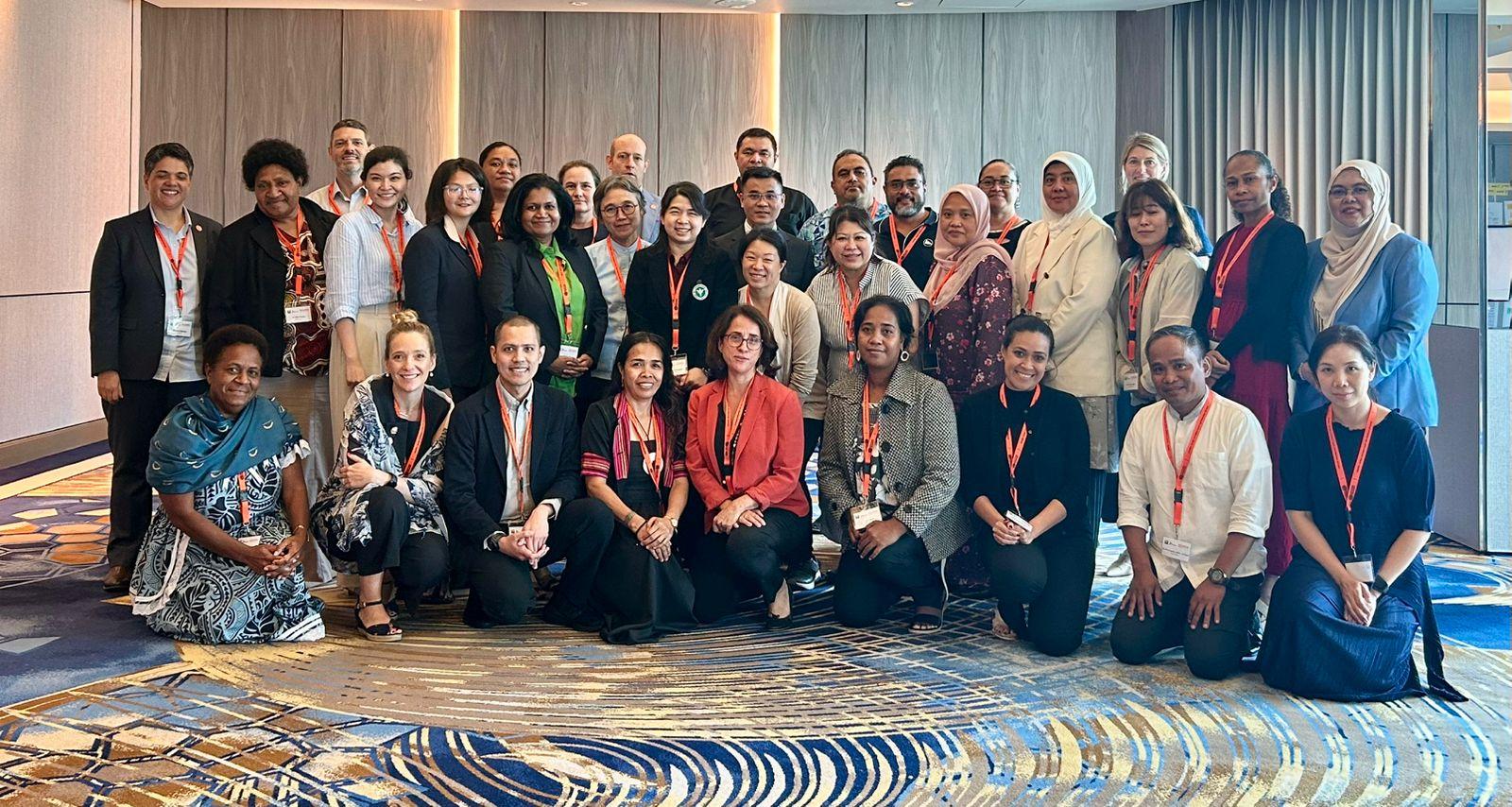The Global Outbreak Alert and Response Network (GOARN) has successfully concluded its flagship Outbreak Response Leadership Programme in Bangkok, Thailand. Delivered in collaboration with the WHO Regional Offices for South East Asia (SEARO) and the Western Pacific (WPRO) and the National Critical Care and Trauma Response Centre’s (NCCTRC) Public Health Operations in Emergencies for National Strengthening in the Indo-Pacific (PHOENIX) Program, the initiative aims to ensure a well-coordinated health emergency workforce, anchored in countries and connected regionally and globally, aligned with the Global Health Emergency Corps framework.


The PHOENIX Program, supported by the Australian Government’s Department of Foreign Affairs and Trade, strengthens national and regional capacity to prepare for, respond to and recover from public health emergencies across the Indo-Pacific.
“Australia is supporting countries in our region to respond effectively to public health emergencies,” said Lisa Davidson, First Secretary, Australian Embassy Bangkok. “This training program, delivered by Australia's NCCTRC, aims to build capacity at the national and regional level. We are focused on ensuring that preparedness efforts are equitable and inclusive, so that no one is left behind when the next crisis strikes.”
The intensive five-day residential programme, held from 29 September to 3 October, brought together 24 seasoned public health experts from across GOARN partner institutions across 16 Member States from across both regions. Each participant has more than a decade of experience in leading public health emergency and outbreak responses.
“Through the PHOENIX program, the NCCTRC is proud to contribute to the collective effort of preparing the region for future health emergencies,” said Professor Len Notaras AO, Executive Director of the NCCTRC. “It is the participants who will lead the way in their countries — our role is simply to help create opportunities for them to share knowledge and build confidence.”

Participants from 16 countries across SEARO and WPRO regions gather in Bangkok for GOARN’s flagship Outbreak Response Leadership Programme
Designed for senior professionals with over fifteen years of field experience, the programme focused on enhancing leadership and operational readiness in outbreak settings. Through experiential learning, peer exchange, and mentorship by global crisis experts, participants strengthened skills in adaptive decision-making, stakeholder engagement, and managing polarizing challenges during emergencies.
"In every emergency, it is not only the speed of our response that matters, but the strength of our leadership and the depth of our partnerships. True preparedness is built through collaboration, across nations, regions, disciplines, and communities. The GOARN outbreak response leadership programme is a commitment to growing the kind of leaders the world needs: grounded in experience and ready to act together when it matters most." Dr Gina Samaan. Regional Emergency Director, WHO Regional Office for the Western Pacific
The GOARN Leadership Programme directly contributes to the Global Health Emergency Corps (GHEC) vision and framework by providing a structured, strategic approach to strengthening the national health emergency workforce through targeted leadership development. This programme represents a strategic investment in national, regional and global preparedness for response to public health events. As health threats grow more complex, programmes like this reinforce the critical need for a skilled, agile, and collaborative emergency workforce ready to respond swiftly and effectively across borders.
“We are proud to welcome partners from across the SEARO and WPRO regions to take part in this flagship leadership programme. Trusted and capable leaders are essential at the frontlines of every emergency,” said Dr Nilesh Buddha, Regional Emergency Director, WHO Regional Office for the South-East Asia. “This programme not only strengthens individual leadership but also builds the collective capacity of countries to manage complex health threats together.”
Source: GOARN Latest News
